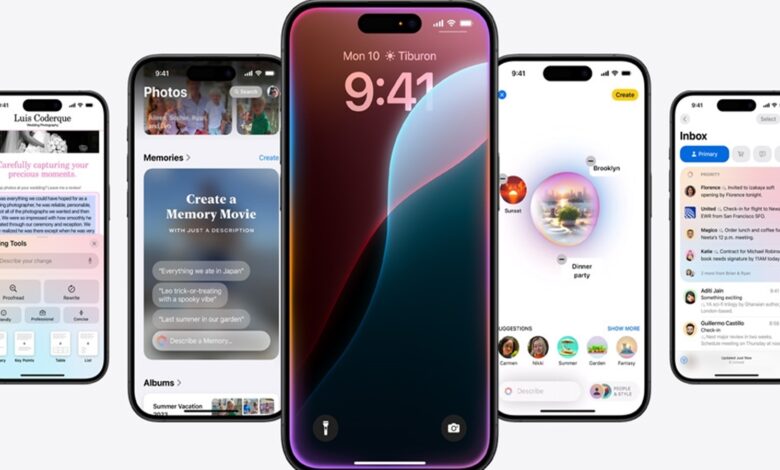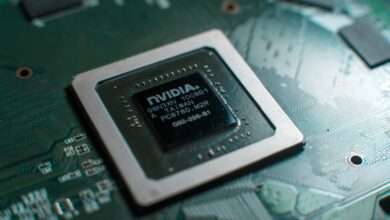Here’s why Apple Intelligence won’t work on older iPhones | Technology News

When Apple announced “Apple Intelligence” at its Worldwide Developer Conference last week, it said the set of AI features would only work on the iPhone 15 Pro and Pro Max, as well as iPads and Macs with M-series chips. This did not go down well with many users, who criticized Apple for intentionally restricting Apple Intelligence to newer devices to increase sales. However, Apple has now clarified why the set of AI features, as part of Apple Intelligence, is limited to newer devices.
John Giannandrea, Apple’s AI chief, blames the computational power required to run large language models on the device as the reason why Apple Intelligence is limited to the iPhone 15 Pro and Macs and iPads with M-series chips. “The inference of large language models is incredibly computationally expensive. So it’s a combination of bandwidth in the device, the size of the ANE [Apple Intelligence Neural Engine], and the oomph in the device to actually run these models fast enough to be useful,” Giannandrea said during John Gruber’s The Talk Show.
“You could, in theory, run these models on a very old device, but it would be so slow it would not be useful,” he further added.
Apple Intelligence, Cupertino’s implementation of artificial intelligence, isn’t an app or a chatbot like ChatGPT. Rather, it’s an integrated layer of artificial intelligence embedded in Apple’s newer versions of operating systems. Apple Intelligence is essentially a flavor of AI, and it runs natively on your iPhone or Mac. Because it runs on-device, it requires a lot of processing power, which is why only select Apple devices can run it.
While many Apple users find it disappointing, the truth is they need to upgrade to the latest Apple devices—either the iPhone 15 Pro or an iPad with the newer M-series chip—to meet the requirements needed to run Apple Intelligence. This means an older iPhone 14 Pro Max or iPhone 15 won’t support it.
Apple Intelligence’s AI features include an all-new Siri, AI-assisted writing tools, real-time call transcripts, and the ability to create unique emojis, among many other things.
Analysts hope this approach could spur device upgrades, as Apple has lately seen sluggish iPhone, Mac, and iPad sales. But Apple doesn’t think Apple Intelligence is some sort of scheme to increase iPhone sales. “Otherwise, we would have been smart enough just to do recent iPads and Macs, too,” replied Greg Joswiak, Apple’s marketing head, debunking theories around selling more Apple devices by intentionally limiting Apple Intelligence to newer devices.
However, the bigger question is whether the standard iPhone 16, due for launch later this fall, will get Apple Intelligence, or if users will need a pro model to use the full suite of AI features. Only time will tell.




